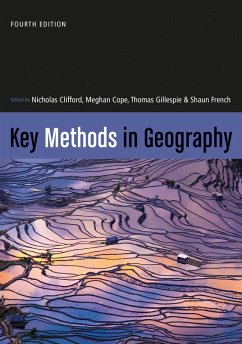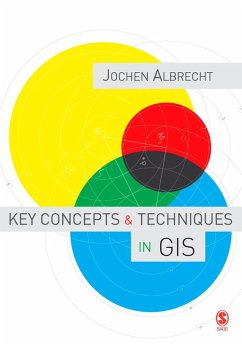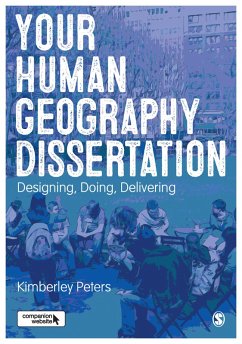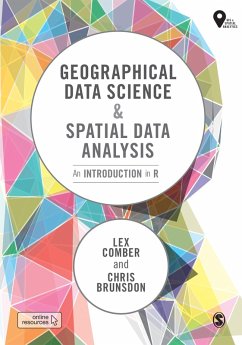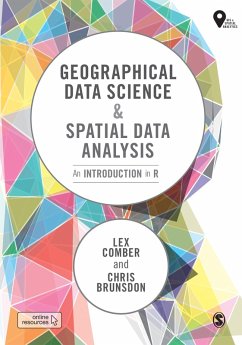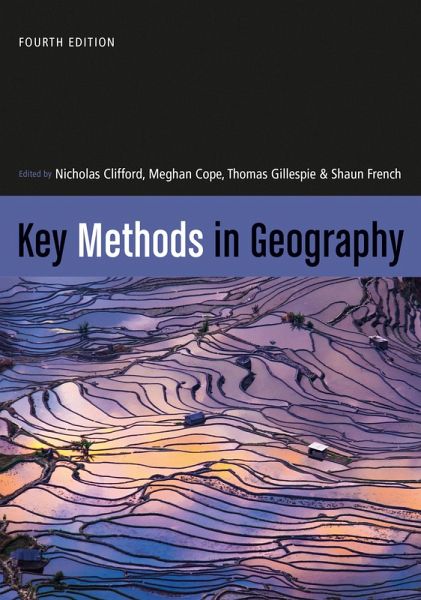
Key Methods in Geography (eBook, ePUB)
Versandkostenfrei!
Sofort per Download lieferbar
48,95 €
inkl. MwSt.
Weitere Ausgaben:

PAYBACK Punkte
24 °P sammeln!
Key Methods in Geography is the perfect introductory companion, providing an overview of qualitative and quantitative methods for human and physical geography. The fourth edition of this essential and accessible primer covers the breadth of the discipline and offer critical and contextual perspectives on research methods. New coverage takes account of newer technologies and practice, and 9 new chapters bring greater diversity of positionality and perspective to the volume, including decolonial methods, predicting, visualizing and modelling climate and environmental change, and writing up resea...
Key Methods in Geography is the perfect introductory companion, providing an overview of qualitative and quantitative methods for human and physical geography. The fourth edition of this essential and accessible primer covers the breadth of the discipline and offer critical and contextual perspectives on research methods. New coverage takes account of newer technologies and practice, and 9 new chapters bring greater diversity of positionality and perspective to the volume, including decolonial methods, predicting, visualizing and modelling climate and environmental change, and writing up research. Case study examples, summaries and exercises have been included in each chapter to enable learning.
This is vital reading for any student undertaking a Geography Methods module as well as a valuable resource for any student embarking on independent research as part of their degree.
This is vital reading for any student undertaking a Geography Methods module as well as a valuable resource for any student embarking on independent research as part of their degree.
Dieser Download kann aus rechtlichen Gründen nur mit Rechnungsadresse in A, D ausgeliefert werden.




